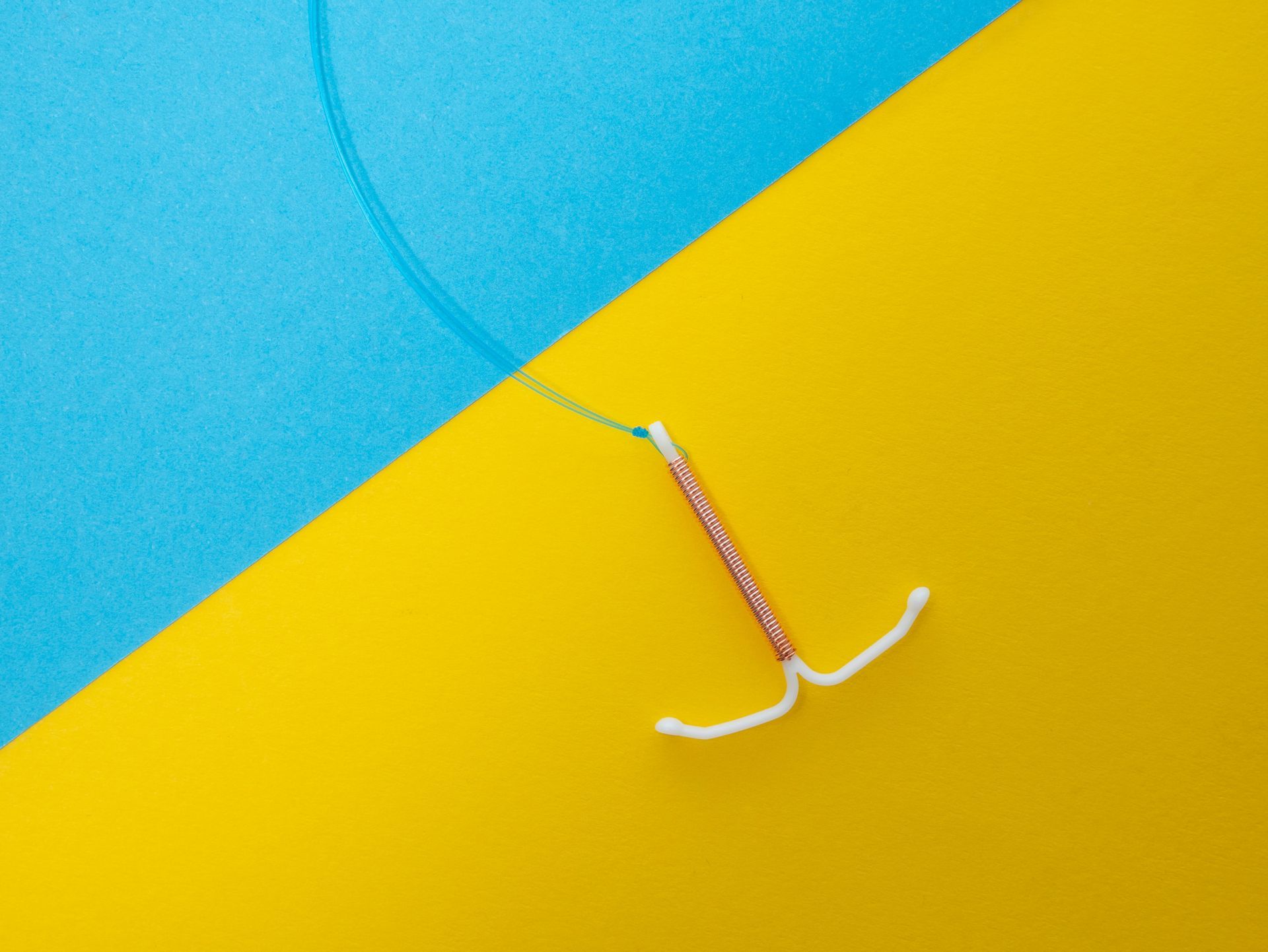Will My Period Change After Receiving a Copper IUD?
Copper intrauterine devices, or copper IUDs, are one of the most reliable forms of birth control, but it is understandable to have some questions. Copper IUDs are small T-shaped birth control devices that a healthcare professional puts into the uterus. They can provide reliable protection from pregnancy for years. However, most types of contraception affect your period in some way. So what can you expect once you get a Flexi-T copper IUD?
What to Expect From Insertion to Six Months
Insertion of the Flexi-T copper IUD requires a healthcare provider to place the small birth control device inside the uterus. As a result, it is common for you to experience some cramping during and after the procedure. It should be manageable pain, though.
You can get relief from using a heating pad and taking over-the-counter medication. However, you should contact your healthcare provider if the pain becomes intolerable.
It is also customary to have irregular menstrual bleeding for a few months after the insertion. Some women see spotting up to six months after their procedure. The bleeding should be minor and become lighter over time. This is bleeding outside of your regular menstrual periods.
How Will the IUD Impact Menstrual Periods?
Many variables can affect your period with any birth control, but a copper IUD does not use hormones. One study looked at women with a hormonal IUD inserted and found that around 21 percent had their periods stopped after implantation. That is the effect of the hormones, though, not the birth control device
The results will likely be different with a copper IUD like Flexi-T. That is one reason some women choose to get a copper IUD. They want something that will have fewer side effects.
With a copper IUD, your periods may be initially heavier, especially in those first two to six months after your procedure.
What To Expect From Six Months On
For many women, the side effects of having a copper IUD birth control device fade after six months. Your periods, however, might remain heavier and longer than before the implantation. According to the Centers for Disease Control and Prevention (CDC), in the U.S., seven to ten women reported a heavy period during the first three months.
It is unclear why that happens, but one theory is that the IUDs might cause changes at the vascular level inside the uterus. That means the blood vessels may change, causing an increase in blood flow. More research is necessary to prove that true, though.
The same CDC report says that by six months after getting this birth control, many women should have few side effects from the IUD, including less bleeding.
Does a Copper IUD Cause Longer Periods?
Studies show that periods can be heavier after insertions of a copper IUD birth control and will likely be longer. For example, one study found that around 20 percent of participants reported bleeding for more than eight days.
Common side effects that occur during the first couple of months of IUD use include:
- Irregular bleeding
- Random spotting
- Intermittent cramping
This should all subside in six months. If not, you may need to contact your healthcare provider.
Can a Copper IUD Cause Fibroids?
There have been some incidents of fibroids associated with IUD use but only ones that use hormones to control ovulation. Hormone-based IUDs use the same synthetic hormones as birth control pills or injections. These hormones stop ovulation, affecting the menstrual cycle.
Copper IUDs do not use hormones. Instead, they have copper coils. The copper creates an environment inside the uterus that keeps sperm out. So you will continue to ovulate normally. But if sperm don’t enter the uterus, they can’t fertilize the egg, so you don’t get pregnant.
This is one reason copper IUDs are effective emergency birth control. The egg stays in the uterus after ovulation, waiting for sperm. However, it can take some time for the sperm to enter the uterus after sex. So a copper IUD will protect if placed up to five days after unprotected sex.
Changes in hormone levels often cause fibroid growth. However, since copper IUDs do not affect hormones, there is no evidence they trigger fibroids.
Will a Copper IUD be Uncomfortable
You don’t feel the IUD, but it can initially irritate the uterus lining. This can trigger cramps. The uterus is just muscle. When you irritate muscle, it will respond by tightening up. Not all women get cramps, but it is common.
If you experience cramping, keep in mind it is temporary. You can do things to feel better those few months when you might have cramping. For example, try over-the-counter pain medication and a heating pad. Also, breathing exercises can help relax that muscle.
Find out more about the Flexi-T copper IUD Canada today by visiting our website.













